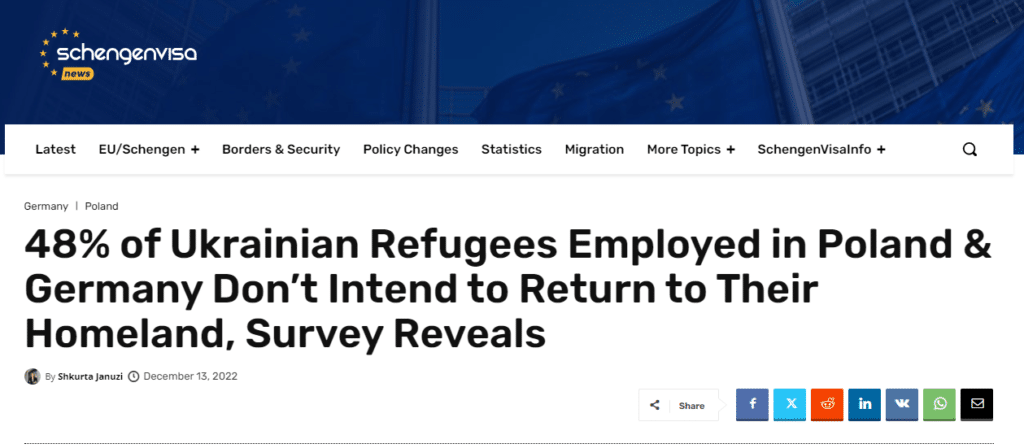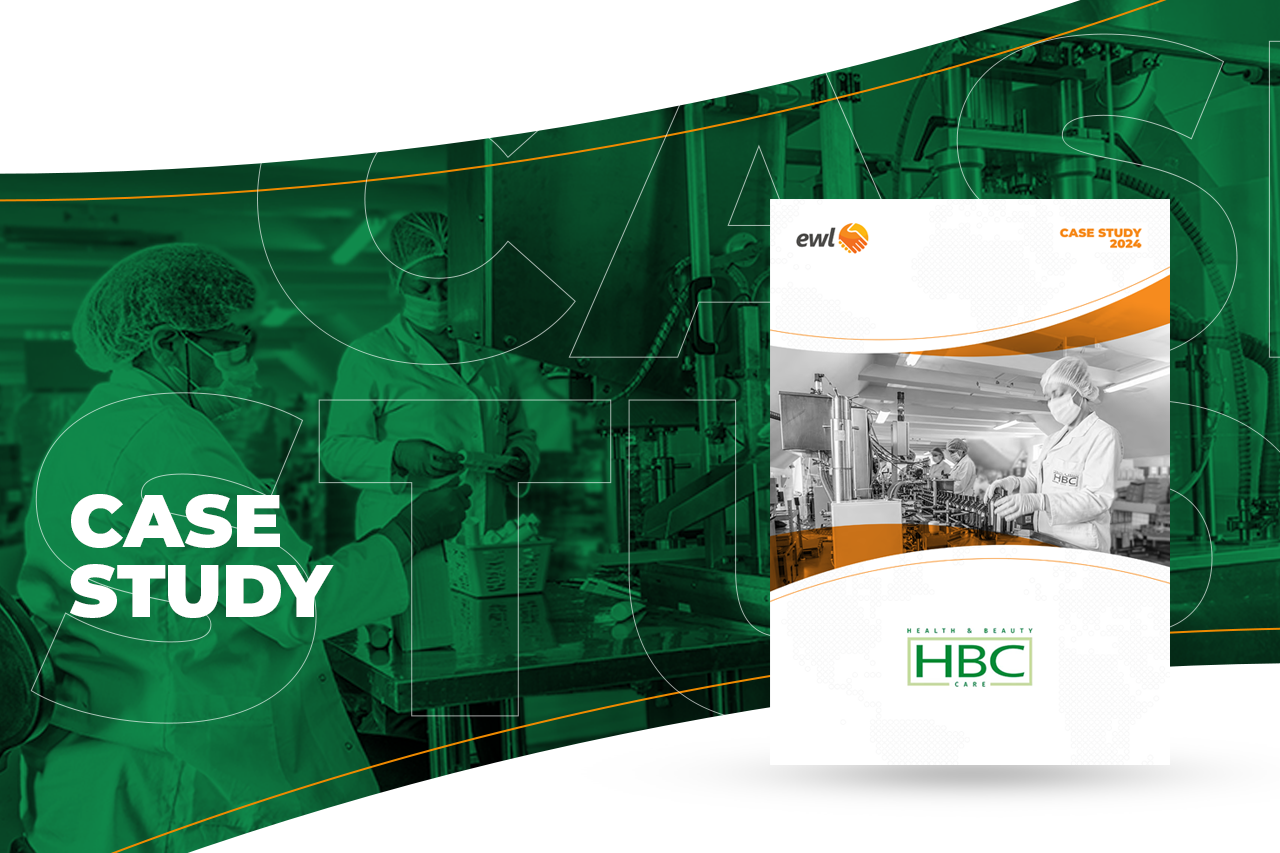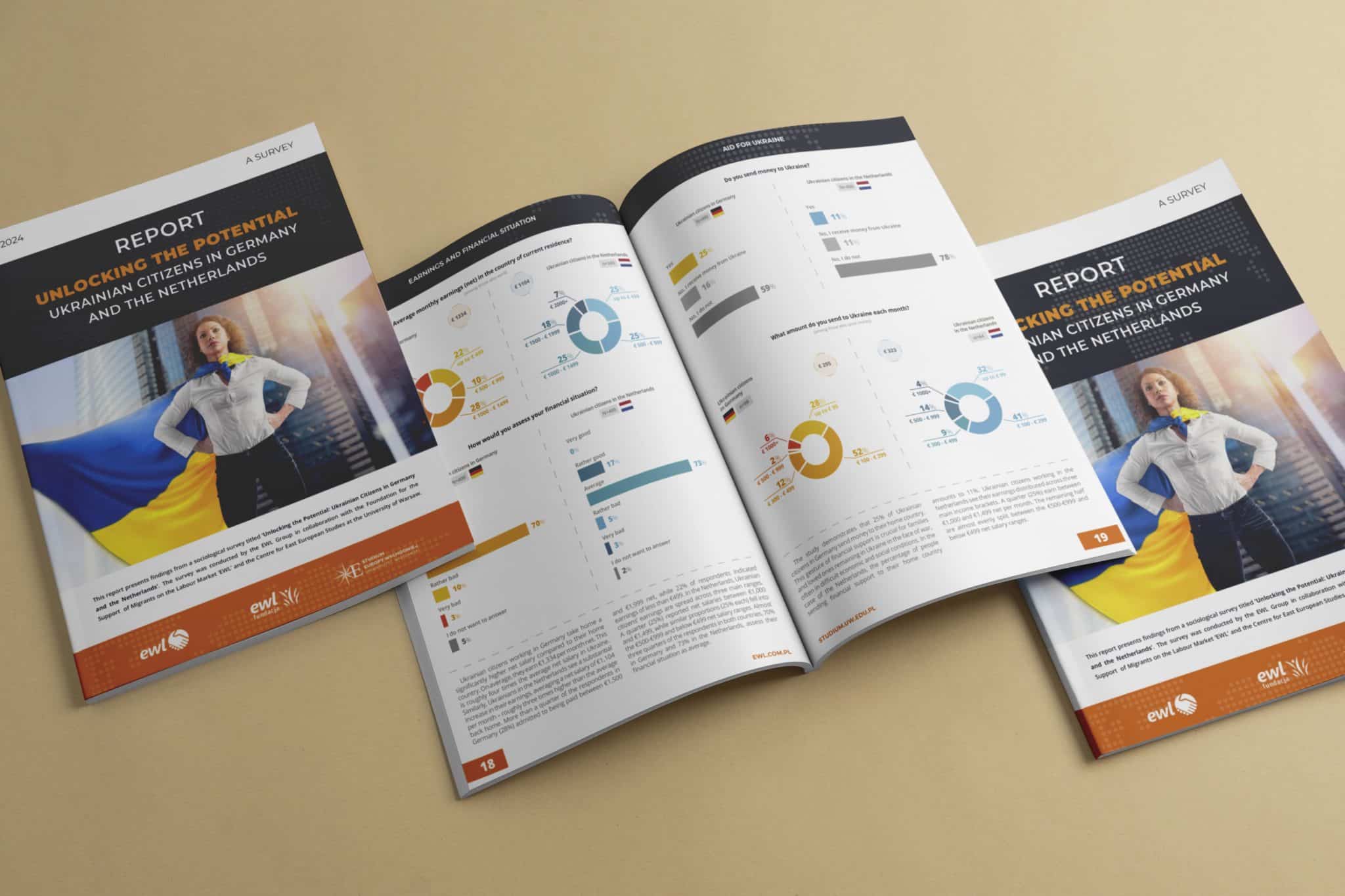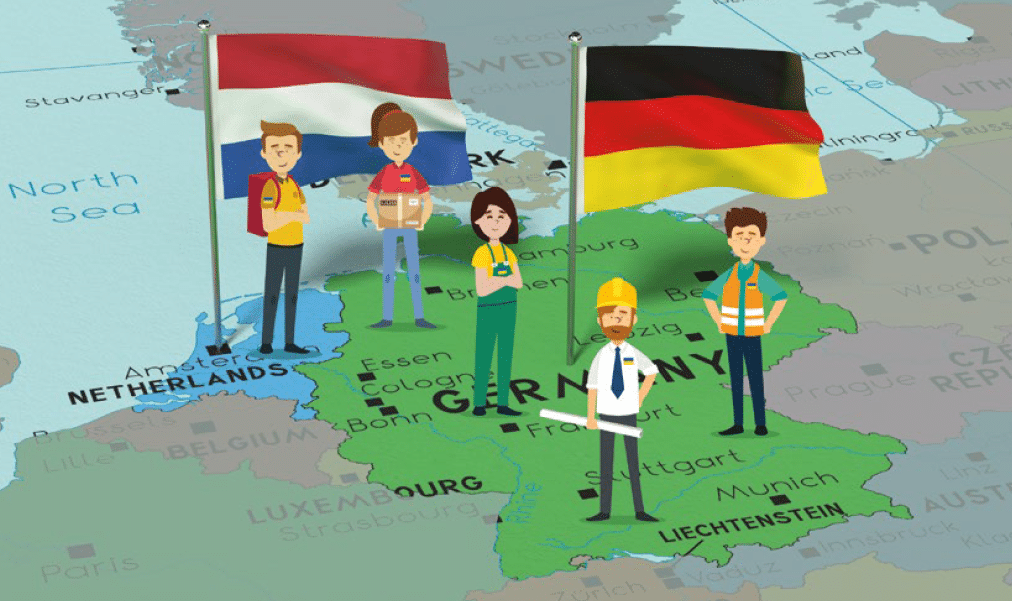
A survey with 800 Ukrainian interviewees conducted by the EWL Migration Platform and the Center for East European Studies of the University of Warsaw titled “Ukrainian refugees – professional activation in Poland and Germany” has revealed that only every fourth respondent wants to return to Ukraine.
According to the information portal for help, VisitUkraine.today, 48 per cent of refugees who found work in Poland and Germany do not plan to return to their country for at least a year after the end of the war, SchengenVisaInfo reports.
In addition, the average salary received by a refugee employed in Germany is €1467 per month, while in Poland, it is €540.
In Germany, workers who found jobs in the field of logistics and transport, education, and office work have the highest salaries. Whereas in Poland, industrial production and trade workers have a higher salary as well.
Before the war started in Ukraine, the respondents worked in the field of service and trade and were either managers or teachers in their home country. At the same time, before the start of the Russian invasion, one in five respondents indicated that they had work experience abroad.
Moreover, the average age of employed Ukrainians in Poland is 39 years, and in Germany, it is 37 years. Thus, about 50 per cent of them have completed higher education or have it incomplete.
As experts explain, 20 per cent of employed respondents are studying in advanced training courses, and more than 40 per cent of refugees plan to do so in the future.
Besides, more than 50 per cent of the surveyed Ukrainians are learning the language of their country of residence. Whereas 53 per cent of refugees in Germany and 30 per cent of employees in Poland speak English at a basic level.
Previously, taking into account that Poland is one of the countries that has supported Ukraine and has welcomed a significant majority of refugees, it announced in October that from next year Polish authorities would change the special law on aid for Ukrainians and establish new conditions of residence.
In this regard, starting from January 2023, refugees arriving from Ukraine would be required to cover part of the costs of living in collective accommodation and also apply for a PESEL number.
Based on these rules that will enter into force next year, refugees from Ukraine who entered Poland after February 24, must apply for a PESEL number, which means the number of the general electronic population registration system.







